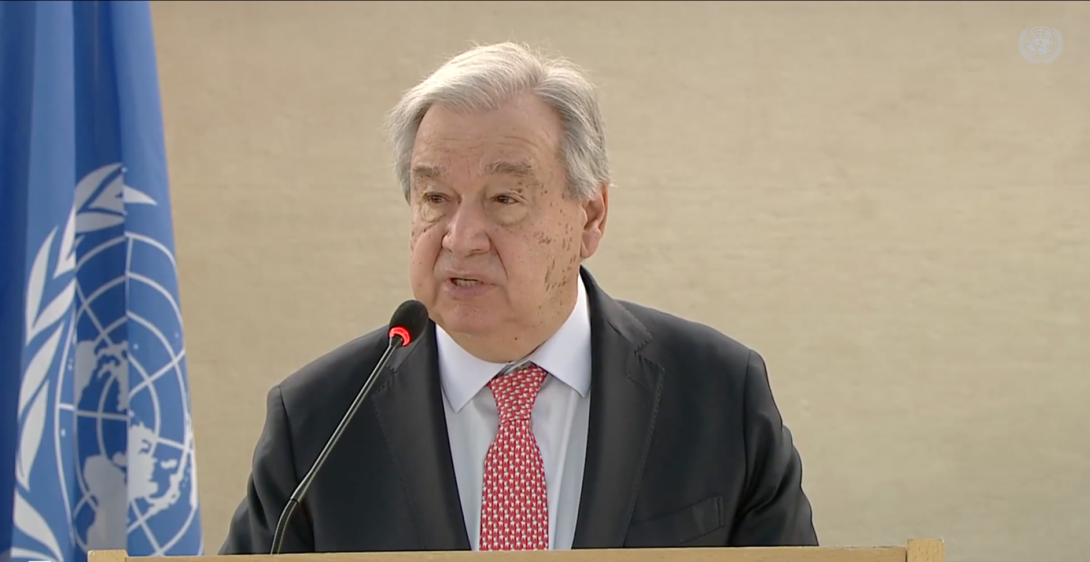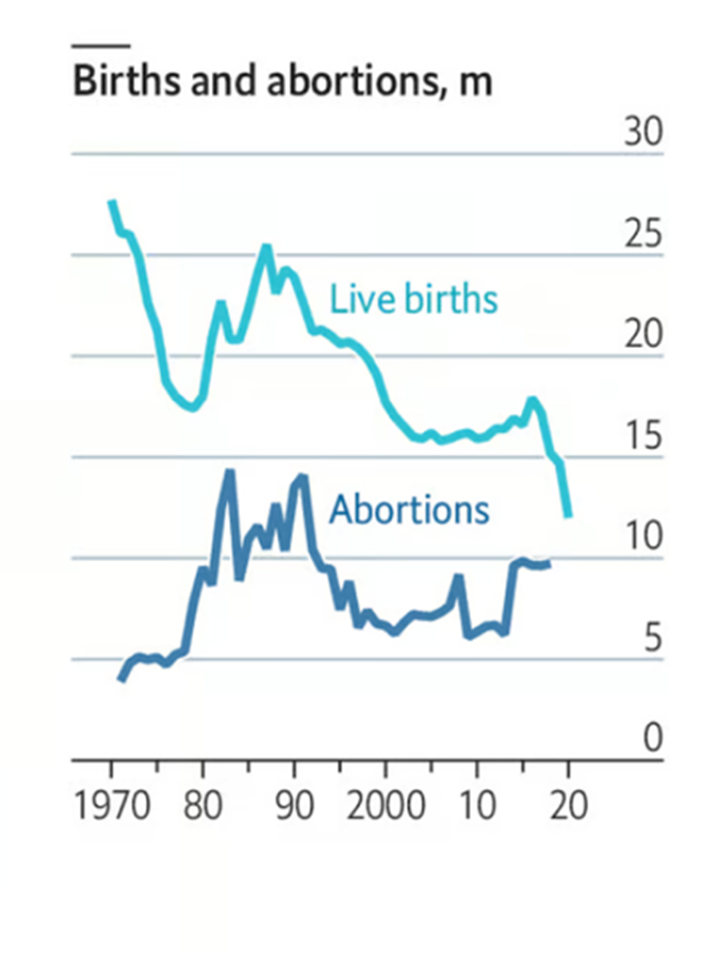
UN Secretary-General António Guterres gives his opening remarks during the 58th session of the Human Rights Council.
By Wilmer Hak
Resolutions
This restraint was particularly evident in the various resolutions proposed by countries. These resolutions are non-binding statements through which countries seek to address specific human rights issues, such as women's rights, artificial intelligence, or water scarcity. In this way, nations can collectively establish a non-binding commitment to protect human rights.
Resolutions often aim to promote abortion or restrict parental rights. However, this time, no resolutions directly addressed these issues. While postponement does not mean cancellation, and some concerning resolutions have been pushed to upcoming sessions, we are grateful for this temporary decline.
Beijing 30+?
Beyond resolutions and other matters under discussion within the Council, countries also reflected on the 1995 Beijing Declaration. This document is intended to safeguard women's rights worldwide. Now it is frequently used to expand sexual and reproductive health rights—particularly in advocating for abortion as a fundamental right for all women.
“What I do with my body, who I share it with through… motherhood, has to be my choice.”
Statement from WHO Director for Sexual and Reproductive Health and Rights
The fact that, according to the UN, abortion should never be used as a means of family planning seems irrelevant in these discussions. Some go so far as to argue that sex-selective abortion—for example, aborting a child because it is female—is not necessarily problematic. Whereas abortion advocates previously condemned this practice as discrimination, some now claim that the 'right' to abortion takes precedence.
Annual birth- and abortion rate in millions in China (World Bank, Abortion Worldwide Report 2021). A study claims that between 1980 and 2010, 30,04 million sex-selective abortions were carried out.

HIV
Another concerning development is the increasing call within the Human Rights Council for a right of non-disclosure for people with HIV. This would mean that someone who is HIV-positive would not be required to disclose their status to a sexual partner.
Although individuals receiving the proper medication have a very low risk of transmitting the virus, CCI is deeply concerned about this development. Such a non-disclosure right undermines the value of sexuality within marriage by encouraging multiple sexual partners.
Furthermore, without a blood test, it is often unclear whether someone can transmit the virus. By asserting that individuals have the right to withhold their HIV-status—regardless of whether they know for certain if they are contagious—the health of others is put at serious risk.
Future Perspective
Despite the fact that the Human Rights Council and its member states have received a clear signal through the departure of three countries—though not explicitly in response to these concerning developments—it appears that the Council and several nations will continue on this path. While the Human Rights Council can contribute valuable support to countries, this path represents a direct attack on Christian values and principles.
For this reason, CCI has been actively engaged in Geneva over the past few months, exploring the best way for the organization to operate. The goal of eventually being permanently present remains in place. For now, however, work related to the Human Rights Council will continue from a distance. When our involvement is required, temporary trips will be made. Nevertheless, CCI will remain vigilant and engaged with the future developments within the Human Rights Council.
Wilmer Hak is CCI Policy Officer Geneva